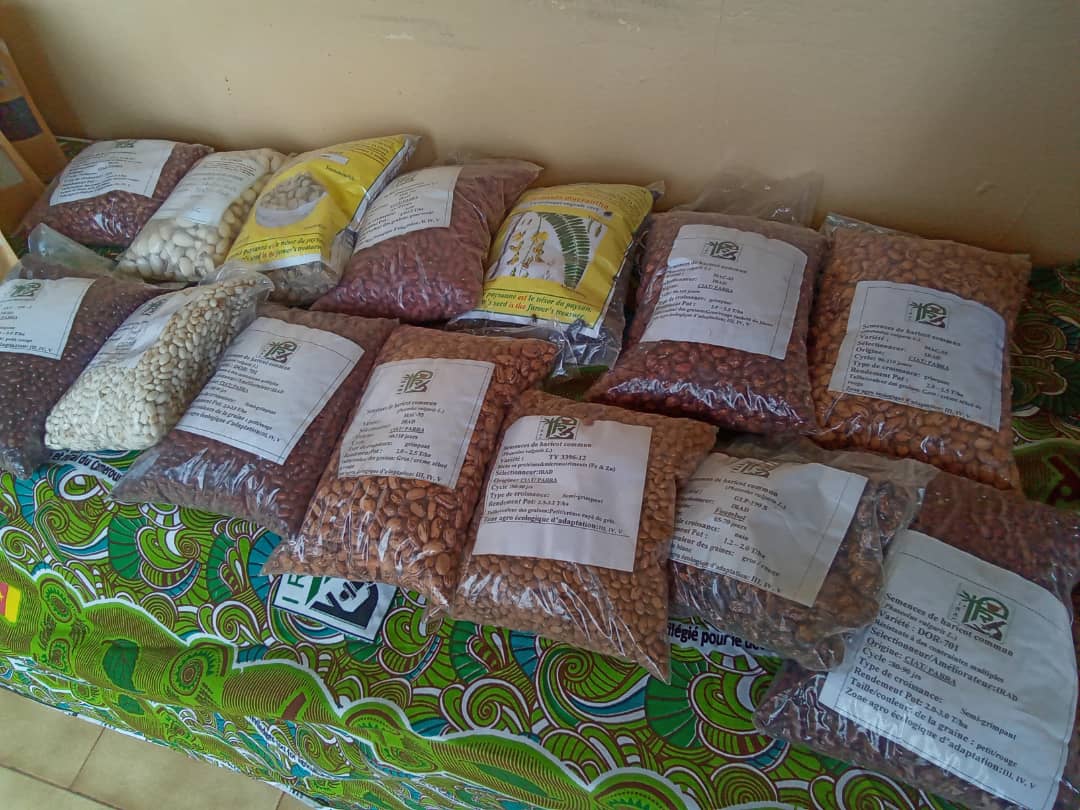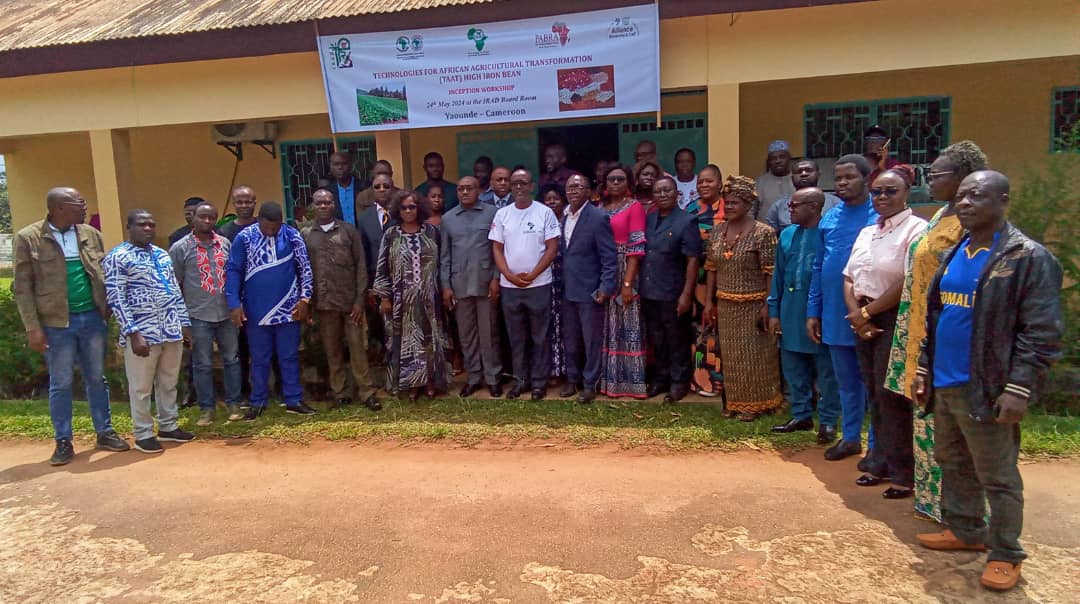
Cameroon's Government, through its secular arm the Institute of Agricultural Research for Development (IRAD), is working like a Trojan to improve nutrition and boost people's food security in a sustainable way. To this end, the Technologies for Agricultural Transformation in Africa (TAAT) programme launched a workshop on 24 May 2024 at IRAD’s Board room, Nkolbisson, Yaounde (Centre Region).
This iron biofortified bean value chain TAAT programme aimed at: “Increasing the production area and biofortified iron beans productivity; improving commercial opportunities and the sector’s investment, generating income (including for young people and women); and improving targeted homes’ nutrition and food security.” According to Dr Francis NGOME AJEBESONE, Deputy Director General/Director of Scientific Research (DGA/DRS), who chaired the opening of the workshop. According to the promoters of this valuable project, such objectives will be achieved thanks to multi-stakeholder partnerships, in a bid to ensure an efficient and more foreseeable seed demand, while taking advantage of the market’s pull to meet the Cameroon’s seed system challenges.
The DGA/DRS added that “IRAD has released ten varieties, which are high in iron and zinc, making them more nutritious than the others and highly recommended in diets to avoid nutrient deficiencies.” Given that this legume plays a key role in the daily diet of Cameroonians and countries in the Central African sub-region.
Justin MABEYA MACHINI, Coordinator of the TAAT High Iron Bean (HIB) programme, equally added that: “Emphasis is put on high iron beans to ensure we help in reducing malnutrition in Africa."
Besides boosting nutrition, this project also aims at “increasing producers’ income, as the demand for these varieties is expected to rise,” explained Dr Hortense MAFOUASSON, Head of the Plant Production (DPV) at IRAD.

This workshop involving agricultural research partners and value chain stakeholders made it possible to: raise awareness and understand the TAAT programme in general; learn about the HIB component of TAAT and that of Cameroon in particular; discuss and engage with potential and relevant partners for the development of the biofortified iron bean value chain in Cameroon; and discuss stakeholders' implications together with their roles and responsibilities.
Communication Unit
